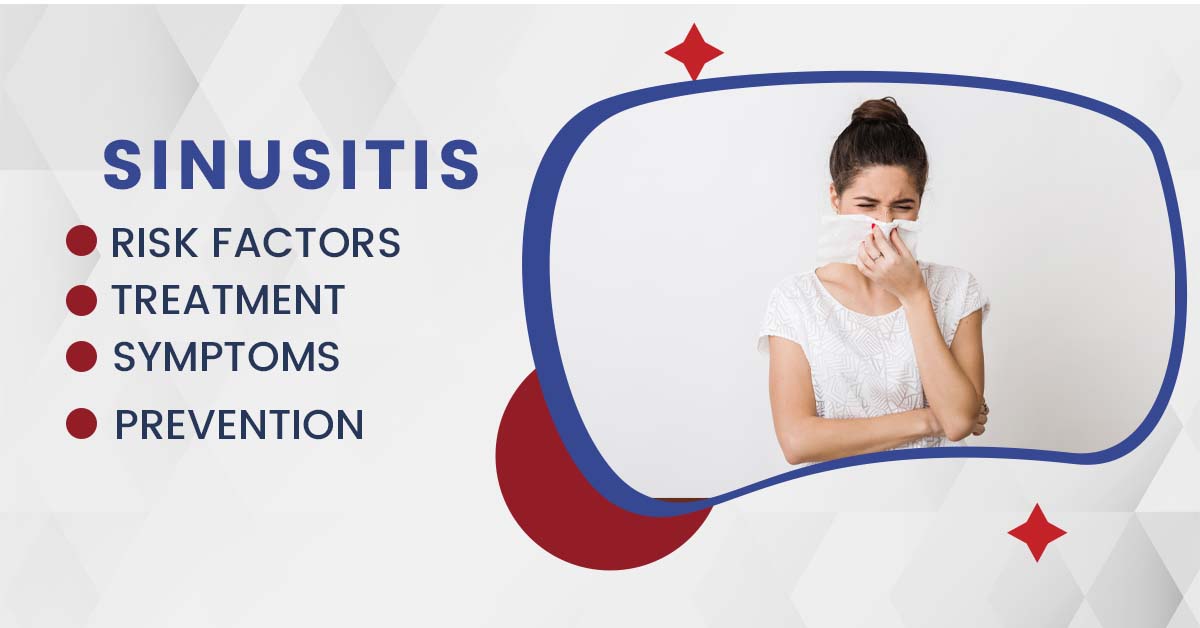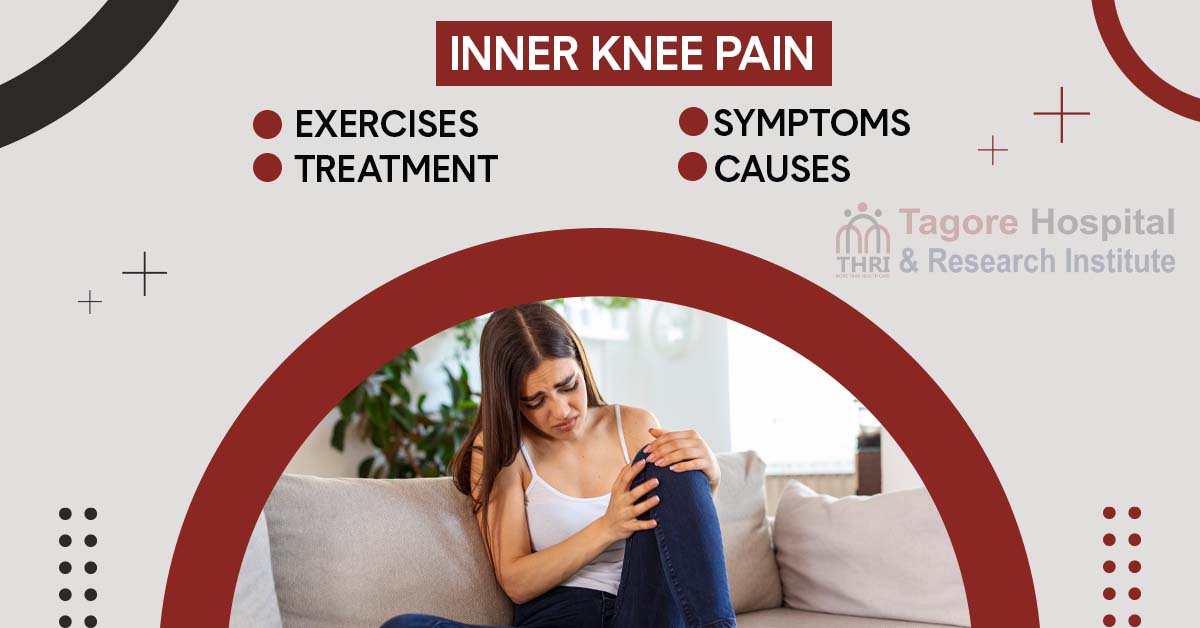Contact Us
Get In Touch
Get in touch with us for any queries related to jobs, Book appointments with doctors, Book Online Consultations, Provide feedback & more...
- email: info@tagorehospital.org
- phone number: +91-9610488886
- address: Tagore Lane, Mansarovar Sector 7, Shipra Path, Barh Devariya, Mansarovar, Jaipur, Rajasthan 302020





